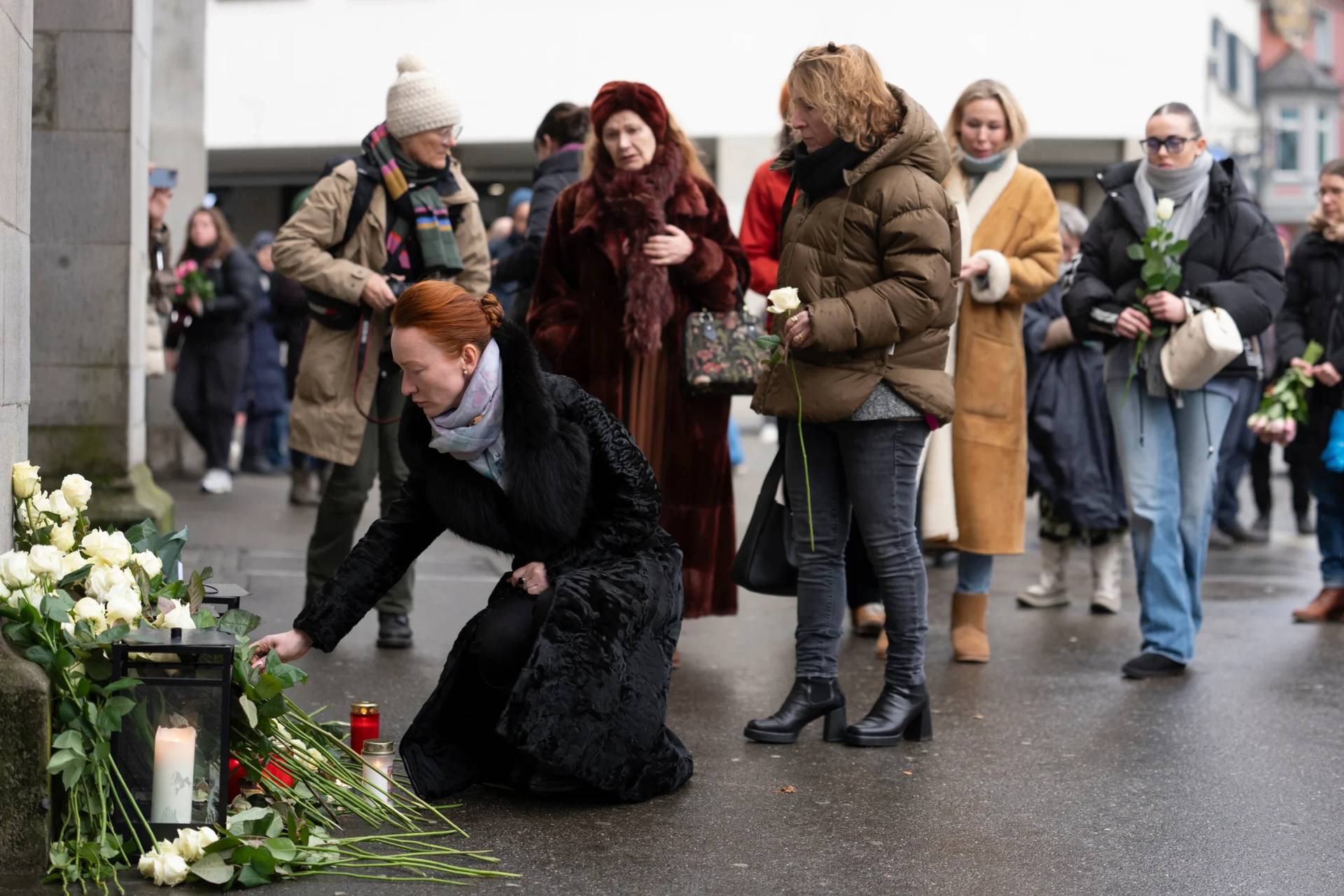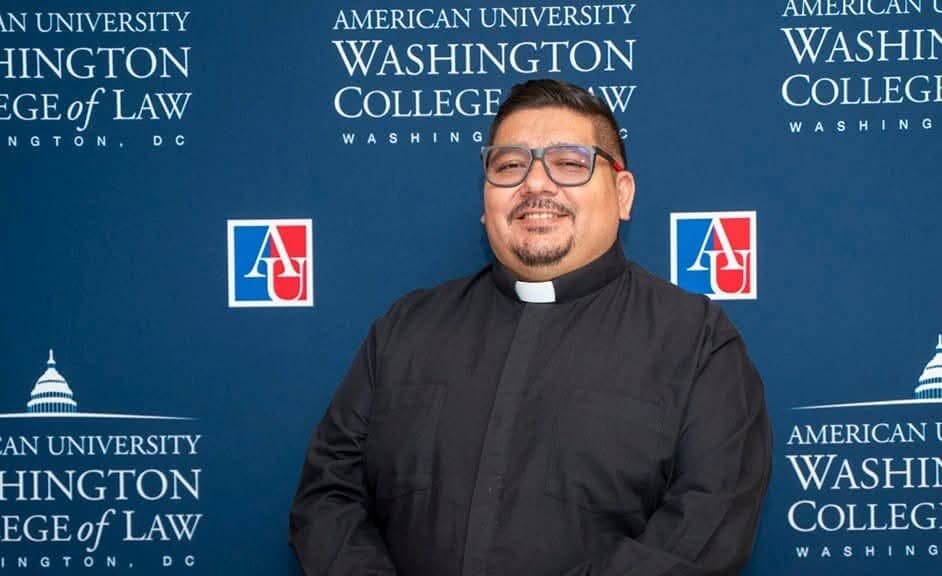ROME — Pope Francis on Tuesday sent a Christmas letter of solidarity to the Christians of the Middle East, describing them as victims of “a newer and disturbing terrorist organization, of previously unimaginable dimensions, which has perpetrated all kinds of abuses and inhuman acts.”
Though the pontiff did not name ISIS, the reference to the rise of the Islamic State in Iraq and Syria was clear.
Francis wrote that Christians in the area have been “brutally driven out of your native lands, where Christians have been present since apostolic times.”
The pope also expressed his concern for “other religious and ethnic groups” that have been affected by the violence currently surging in the Middle East, specifically mentioning the Yazidi community.
Their suffering, he wrote, “cries out to God” and “calls for our commitment to prayer and concrete efforts to help in any way possible.”
The pope called on the region’s beleaguered Christian population to care for one another. He also called for closer ties among the various Christian churches of the Middle East, saying their common suffering creates an “ecumenism of blood,” and also invited Christians to pursue closer ties with Muslims.
“Dialogue, grounded in an attitude of openness, in truth and love, is also the best antidote to the temptation to religious fundamentalism, which is a threat for followers of every religion,” the pope wrote.
The pontiff urged the international community to intensify efforts at negotiation and diplomacy, reiterating his long-standing condemnation of the arms trade.
“What are needed are plans and initiatives for peace, so as to further a global solution to the region’s problems,” he wrote. “How much longer must the Middle East suffer from the lack of peace? We must not resign ourselves to conflicts as if change were not possible!”
Concern for the fate of Christians in the Middle East has become a staple of Francis’ papacy.
In early October, for instance, the pontiff summoned all his ambassadors in the region to a special meeting in Rome to discuss “initiatives and actions at all levels.” In late November, he and Patriarch Bartholomew of Constantinople, considered the “first among equals” of Orthodox leaders, signed a joint declaration pledging that “we cannot resign ourselves to a Middle East without Christians.”
The recent trauma in Iraq and Syria involving ISIS is merely the latest instance of a slow-motion decline for Christianity across the region.
In the early 20th century, Christians represented 20 percent of the region’s population. Today, they represent just 5 percent, no more than 12 million people, and projections show that number dropping to 6 million by the middle of this century.
The decline is fueled by several factors, including immigration and lower birth rates among Christians, political and economic instability, the negative impact of Israeli security policies on Palestinian Christians, and the threat of Islamic radicalism in other places.
In today’s letter, Francis appeared to implore those Christians who remain in the region to hold on.
“Your very presence is precious for the Middle East,” the pope wrote. “You are a small flock, but one with a great responsibility in the land where Christianity was born and first spread.”
“Even more than the many contributions which the Church makes in the areas of education, health care, and social services, which are esteemed by all, the greatest source of enrichment in the region is the presence of Christians themselves, your presence,” Francis said.
The Vatican released today’s letter in eight languages, including Arabic, indicating that Francis wants it to be widely read.














